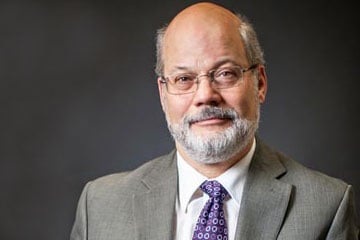
Most Canadian police forces have laid down protocols for approved marijuana use by members and in some cases, members cannot ingest marijuana for several days prior to reporting for shift. For example in Toronto, the marijuana usage ban for front-line officers is 28 days. In other cases, such as for most of the military, the prohibition is for several hours. For most major police forces across the country the test is that, a member must be “fit for duty."

Most Canadian police forces have laid down protocols for approved marijuana use by members and in some cases, members cannot ingest marijuana for several days prior to reporting for shift. For example in Toronto, the marijuana usage ban for front-line officers is 28 days. In other cases, such as for most of the military, the prohibition is for several hours. For most major police forces across the country the test is that, a member must be “fit for duty."
The tightest usage rules anywhere in the country are found in Calgary and Edmonton. Both police departments have told their members there is an absolute ban on marijuana use whether they are in their patrol car, or home on their couch watching the hockey game.
An internal Calgary Police memo from the police chief reads: “[Officers] who are qualified to use firearms and are able to be operationally deployed, as well as sworn police recruits, are prohibited from using recreational cannabis on or off duty.”
Les Kaminsky the head of the Calgary Police union, is uneasy with the idea and has passed on his concerns to the police bureaucracy.
“We don’t want it to it to go to the Supreme Court, but we’ll take it as far as we have to,” he says.
The Edmonton police force has undertaken to review the policy every six months. In a memo, Edmonton police media officer Cheryl Voordenhout says the police force will take into account “any developments in the science or law regarding use, impairment or testing of cannabis.”
Linda McKay-Panos, the executive director of the Alberta Civil Liberties Research Centre in Calgary says “we certainly don’t want people on duty who are impaired.”
McKay-Panos has done a lot of legal work surrounding random testing of heavy equipment operators by oil and construction companies. She says the total ban on Calgary police officer raises some difficult questions. If a police officer were to be disciplined McKay-Panos says, “I could see a Charter challenge.”
Tom Engel, the Edmonton lawyer who has made a career of going to court to protect his clients’ interests against police action, perhaps paradoxically has a lot of friends on the Edmonton force.
He says while he senses concern about the total ban on consumption he thinks most front-line officers are prepared to take a “wait-and-see attitude until the science on testing for consumption catches up with the law."
Engel acknowledges it is complicated. In his view “it’s an employment law issue surrounding whether an employer can apply reasonable restrictions.”
“My gut feeling is it won’t go to court," Engel says.